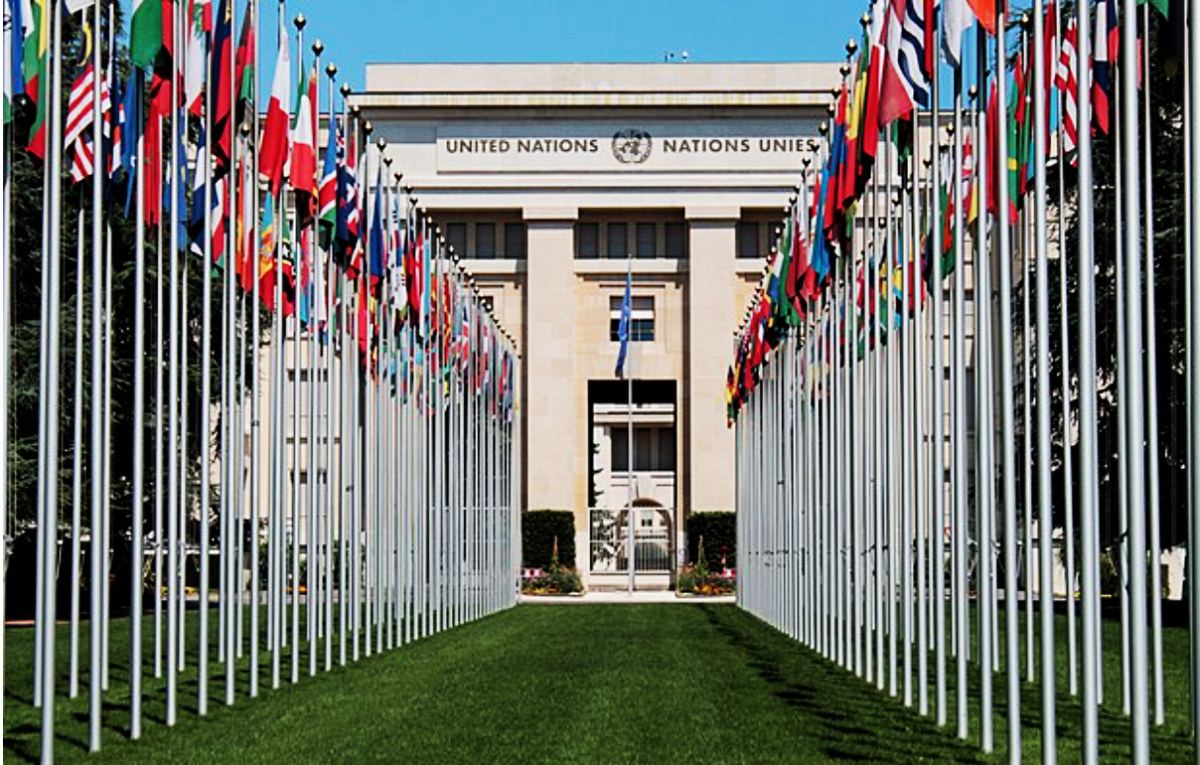In the past month, the world watched as leaders gathered in New York for United Nations Week, where the urgency of global cooperation was at the center of conversation. Amid escalating climate crisis, political tensions and increased demands for social justice, the discussions held during that time reminded the international community of all that faces society. In particular, at this year’s conference, impassioned environmental leaders were offered this platform for reflection and to curate a commitment to collective action against climate change.
The 2024 United Nations Week boasted significant leaders, such as UN Secretary-General Antonio Guterres, who advocated the need for immediate action to combat worsening climate impacts. He warned that we are, “ … on a highway to hell” if we fail to intervene in a timely manner, and urged policymakers for transformative action to reduce greenhouse gas emissions. The exertion of new policies, such as the Climate Solidarity Pact, were discussed in the assembly to encourage more sustainable business practices, highlighting the need for leadership in climate finance.
Among many other issues challenging international organizations, the climate crisis takes on the role of demanding greater attention from the United Nations. During the week, the Intergovernmental Panel on Climate Change revealed that current efforts to limit the warming of the earth were completely insufficient to keep the margin below 1.5 degrees. Because the effects of climate change most greatly affect marginalized populations, it has become increasingly imperative that the UN gets involved in order to prioritize equitable human rights.
As students of Wellesley College, we are able to learn from the youth activists present during UN week who urged decision makers to listen, stating, “We are the generation that will bear the brunt of inaction.” The voices of these young leaders echo the sentiments of millions around the globe who are begging for government accountability for a sustainable future. The commitments made during the Assembly at UN Week must be turned into ratified policies and mechanisms that prioritize the betterment of climate justice. As students, and humans, who want to have a promised future of environmental freedom, it is our job to assess the work of our leaders and continue our advocacy for our earth.
As UN Week has concluded, it leaves us with a powerful message: while the state of the environment may frighten us, our advocacy will work. The time for reflection has passed, and our call to action is more agreeable than ever. If we are to secure a future that boasts a healthy climate, as young advocates we must embrace the spirit of action that embodies the United Nations.




